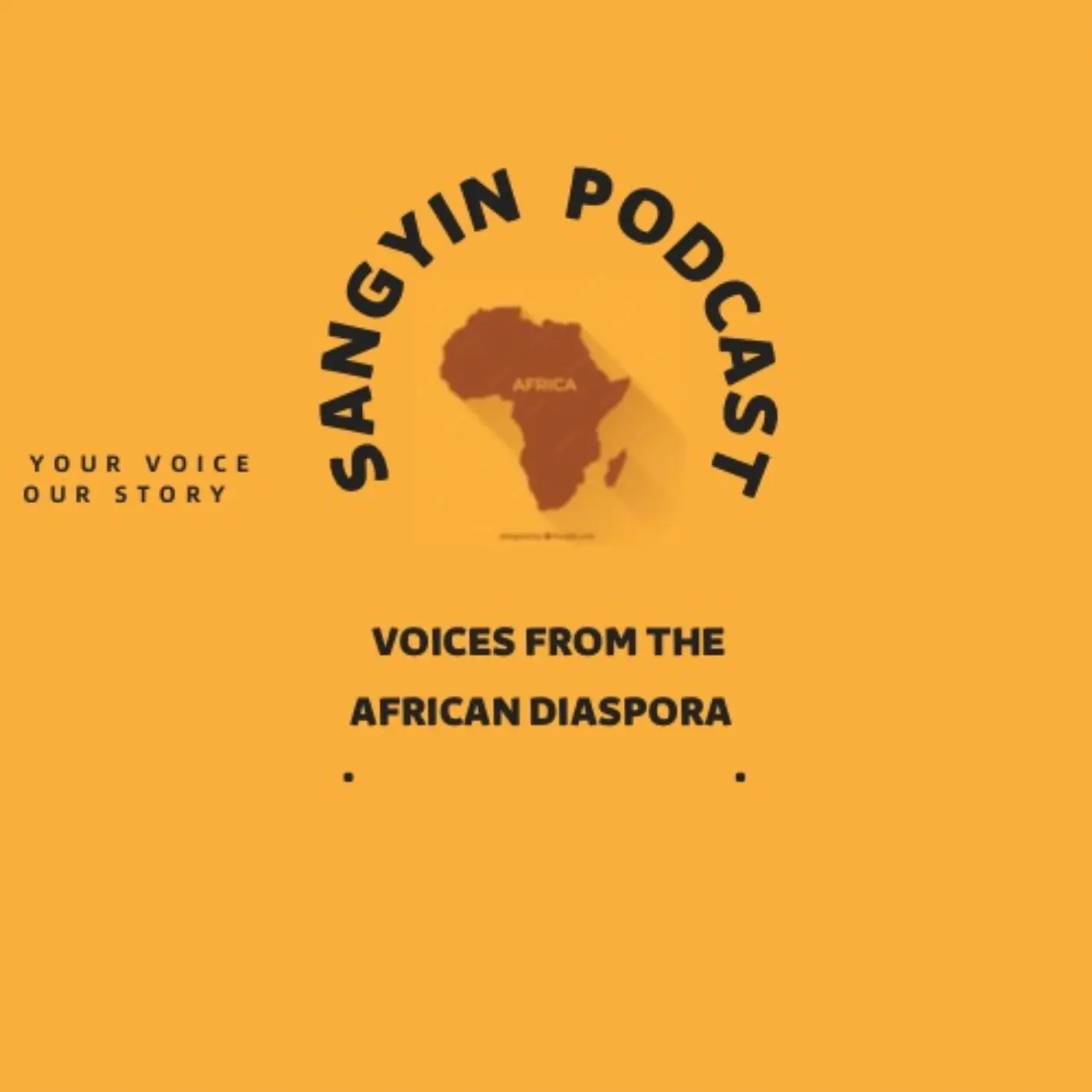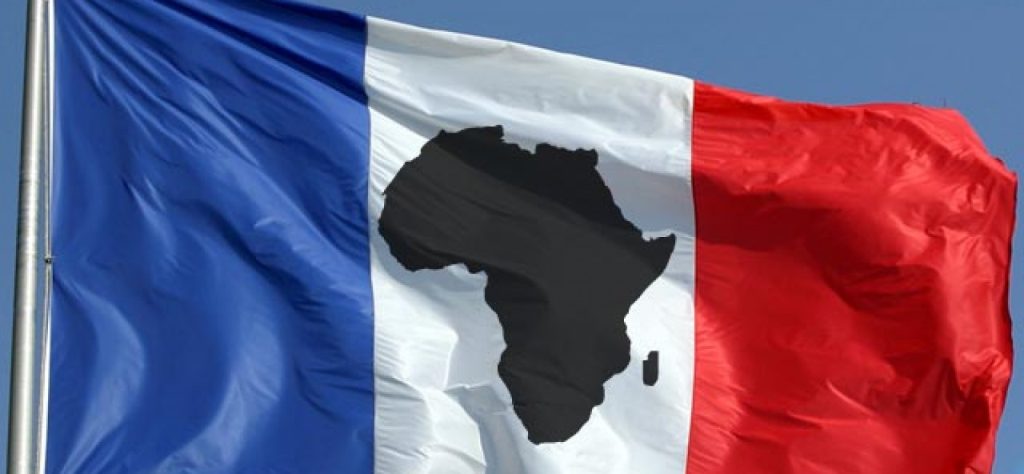Brief Overview .
Of all the colonial powers that conquered Africa , France with exception of Britain (through the commonwealth ) has created a more integrated relationship with her former African colonies. Over time the term ‘’francafrique’ has gone to define this post independence relationship between Paris and her former colonies. A relationship that never has been more on the spotlight than now. With the military coups in Niger, Mali, Burkina Faso all happening in a space of 3 years and with the military regimes seemingly anti-french in rhetoric and policy , one begs to ask whats the future of France on the continent.
Policies such as the french policy of assimilation ( during colonialism) and pro -french governments of Felix Houphouet Biogny ( Ivory Coast ) , Omar Bongo (Gabon) and others defined the height of this pact. A pact to many observers was one -sided considering the various bi-lateral agreements and concessions made by the African states. Famous of these was the monetary arrangement behind the CFA franc monetary union and the french central bank where the later had to keep 50% of their national deposits with the french / European central bank and major financial decisions had to have the approval of France . The same still applies for the mineral and cash crop export agreements between France and the nations for example gold and uranium exports .
However, its key to note that francafrique initially developed as a need by Paris to establish herself as a dominant power on the global stage in an era dominated by the cold war powers. Africa was seen a key aspect of global french power.
Fast forward to the 21st century and to the end of the cold war, the world was faced with a new challenge – Islamic extremism especially on the onset of the war on terror after 9/11. This period even made former foes like Libyan leader Gaddafi become partners with rumors indicating he funded the election of former french president Nicolas Sarkozy in 2007. However everything changed in 2012, with the rise of Islamic separatist fores in northern Mali. These groups quickly merged and aligned with other terror groups to form the AQIM or the Al Qaeda in the Islamic Magreb , all this in conjunction with the ramping activities of boko haram in northern Nigeria. France under then leader president Hollande decided to send troops to deal with the growing extremism. However, by late 2017, it was clear even with UN peace keeping forces around, extremism was on the rise. All this despite efforts to form a collective security group called the G5 that consisted of Mali, chad, Niger , Mali and Mauritania to fight extremism.
Cracks in the relationship?
But to many France began to lose it in Africa, when leaders such as Francios Bozize of central African Republic were removed from power by popular protest in 2014. France was seen by the protesters as an agent of the country’s dictatorship. With the security crisis in the country worsening, the country’s leadership turned to the Russian Wagner forces, a relationship that has lasted ever since. Eventually pro french leaders started falling like a domino effect from Guinea, Burkina Faso, Mali and now Niger. To fill the security vacuum , Russian Wagner forces have marked their presence on the region something that angered the western world especially America and France. While Russia is on the security front, china is on the economic front. China has since become the largest trading partner on the African continent since 2009 with investments in infrastructure, health and technology and is poised to become the largest export destination of francafrique counties by 2027 . Niger is an interesting case study, as the military leadership in Niamey stood firm despite military threats from ecowas and France. Niamey eventually forced France to remove her troops and withdraw her ambassador, a rare feet of national sovereignty on the African continent. Rwanda under President Paul Kagame is also another classic example of french disassociation. French peace keeping troops were accused of ineffectiveness in helping to stop the genocide. With these grievances , the Rwandan government became public anti-french in rhetoric and later adopted English as one of the official languages with eventual membership of the commonwealth later on in 2009.
As for the CFA monetary union, there are plans underway for the introduction of a new west African currency independent of Paris called the ECO ,whether this comes to fruition , is yet to seen.
In a nutshell, African countries are rising up against Paris after almost 60 years of the political independence from France. But will it last ?
Doomed to fail?
Its clear to mention that right now, France in some African countries isn’t popular . However France still has allies on the continent most notably Ivory Coast , Senegal , Benin, Togo ,Djibouti, Chad and Gabon . Unless there is a rapid domino effect that will remove all these pro french regimes all at once, Paris still has an African foothold. As history will tell us, Paris always has a way of adapting for instance during the anti french movements of the 80s under Thomas Sankara or the days of Sekou Toure in the 60s. France always knows how to adapt to changes on the continent and Africa isn’t yet that united to form a collective anti-french policy.
Written by Rugaba John Paul
Sangyin journals.


Awesome https://shorturl.at/2breu
Very good https://lc.cx/xjXBQT
Very good https://lc.cx/xjXBQT
Awesome https://lc.cx/xjXBQT
Awesome https://lc.cx/xjXBQT
Awesome https://lc.cx/xjXBQT
Good https://lc.cx/xjXBQT
Very good https://urlr.me/zH3wE5
Very good https://rb.gy/4gq2o4